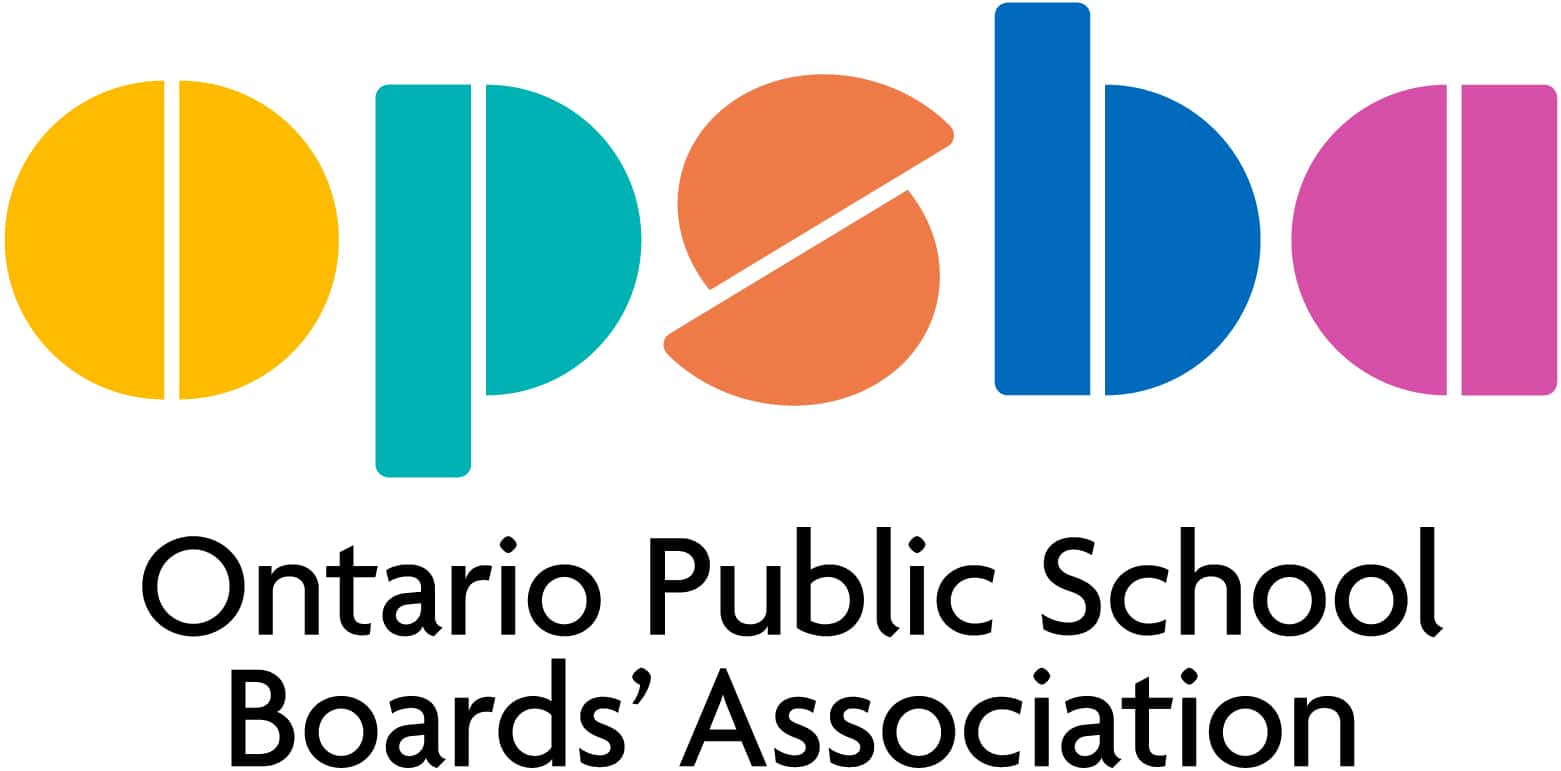A Right and a Privilege
 Education is viewed as both a right and a privilege. As trustees, through the many June graduations that we attend, we share in the celebrations of success that mark a significant achievement milestone for our students. Success is measured in many different ways but always involves the individual and the quest. Aristotle said, “Educating the mind without educating the heart is no education at all.” It is a matter of balance. From our involvement in standardized testing to our desire for character education, we understand the need for a balanced approach to developing, nurturing and inspiring our children.
Education is viewed as both a right and a privilege. As trustees, through the many June graduations that we attend, we share in the celebrations of success that mark a significant achievement milestone for our students. Success is measured in many different ways but always involves the individual and the quest. Aristotle said, “Educating the mind without educating the heart is no education at all.” It is a matter of balance. From our involvement in standardized testing to our desire for character education, we understand the need for a balanced approach to developing, nurturing and inspiring our children.
Ontario’s education system has its roots in the vision of a single man, Egerton Ryerson, who, between 1844 and 1876, created the foundations for a compulsory, free, public education system and developed the framework for a trustee board. Both these institutions have served the public and the province well. Our education system has undergone many reforms and renewed visions, and here again, in 2013, consultations are taking place to evaluate the future of public education.
Over the past 16 months, we have been experiencing challenges to our reasonable assumptions about both public education and the role of the trustee. There is no doubt that many individuals and associations have worked sincerely to advocate for important and needed change during this time. There is no doubt that there have been forces at work that threaten to divert our focus from the value of inspiration, inclusion, governance and success.
Last year, I travelled to Tanzania and had the opportunity to visit a number of communities of the Masai, where several medical/health cooperatives and livestock sharing programs are underway through the Co-operative Development Foundation of Canada (CDF). I was there primarily to understand the success of the CDF programs and to ensure there was community leadership and community engagement. Program success depends on leadership that is both local and sustainable.
Two things struck me as lessons learned from my visit. The Masai are a nomadic people whose culture is celebrated and nurtured, and who maintain their customs and beliefs closely. Masai men are allowed to marry many times. From age 20, a man can take an additional spouse every five years, to a maximum of five. When I was asked how old I was by the group of young men who surrounded me, they greeted my answer with great joy. My age would qualify me for five wives, and this would give me additional status. They were disappointed to learn that I “chose” to have only one wife, and I know they were perplexed by my decision. My reputation was somewhat redeemed when I mentioned that I had six children.
My second lesson, and a deeply important one, came in response to questions I had about the education of Masai children. The group of young men took me to a small thatched hut where a class was in progress. I could hear the chanting of rote learning. Ducking my head to avoid a very low door and roofline, I entered, and immediately the class went silent.
Lit with only natural light provided by a small slit in the roof and a few windows, the “classroom” consisted of several long, ramshackle benches that served both as seats and as a surface to write on. There was a blackboard, beaten and weathered, with a few pieces of chalk. Behind the teacher’s desk sat a teacher who was about 16 years old. In front of the desk were 40 children ages 4 through 12.
On the blackboard was written the alphabet, in English, and the children were more than eager to show me their prowess and expertise in reciting it. Each child had to take a turn, holding the pointer and tapping each letter, shouting out its name and looking for praise when they had finished. None of the rich resources of an Ontario classroom, but all of the enthusiasm and pride in achievement. It was a wonderful, inspirational event, and it certainly educated my heart.
After all the children had proudly completed their turns at the blackboard, I conducted a quick geography lesson, drawing a map of Africa and North America and showing them where I was from (thank goodness for my teacher’s-college training). They were very attentive to the lesson and the less-than-acceptable rendering of the globe.
When I had finished, I sat and watched the class as their lessons continued. I noticed one little girl shift her attention from the class and look wistfully out the window. I watched her dream lazily and I wondered what she was thinking about, and how her education was going to impact her life. I could not help but see the dichotomy between a child on the plains of Tanzania who clings to every word and every opportunity through a very rudimentary educational system, and the opportunities available to our children and our communities. Yet both, in their different circumstances, need our full attention and support.
This child in Tanzania deserves every educational opportunity available to help her create her dreams – as do our children. We are reminded that we must remain strong as trustees – our communities need it, our success as education leaders demands it, and our children deserve it.
Michael Barrett

